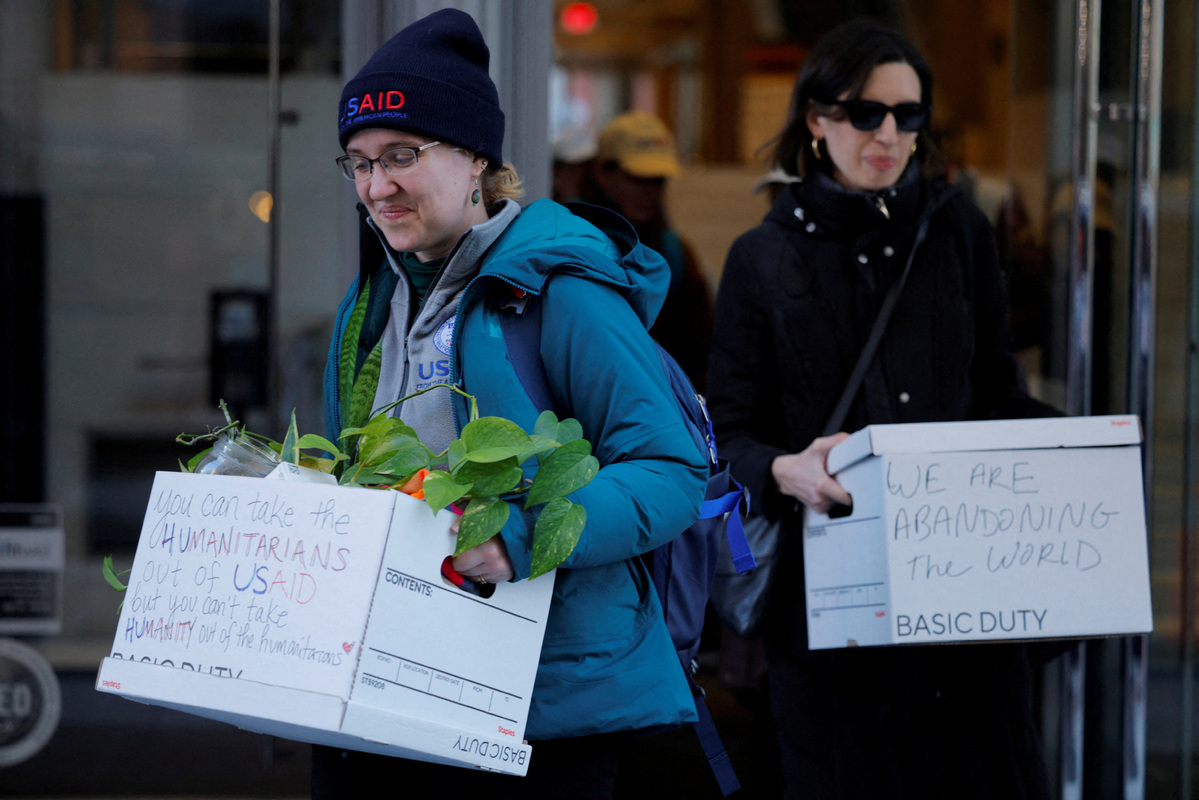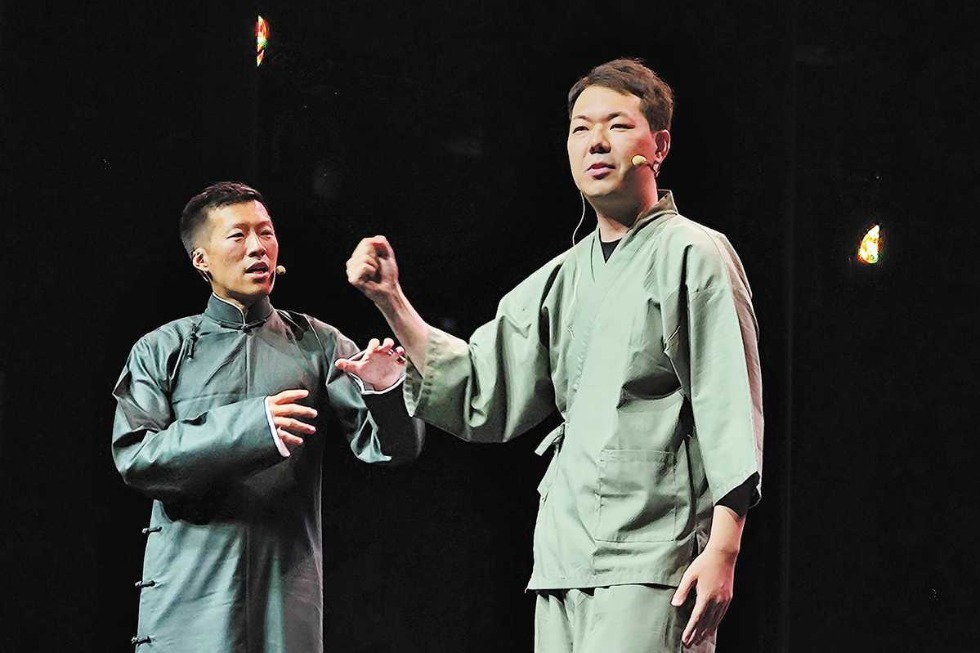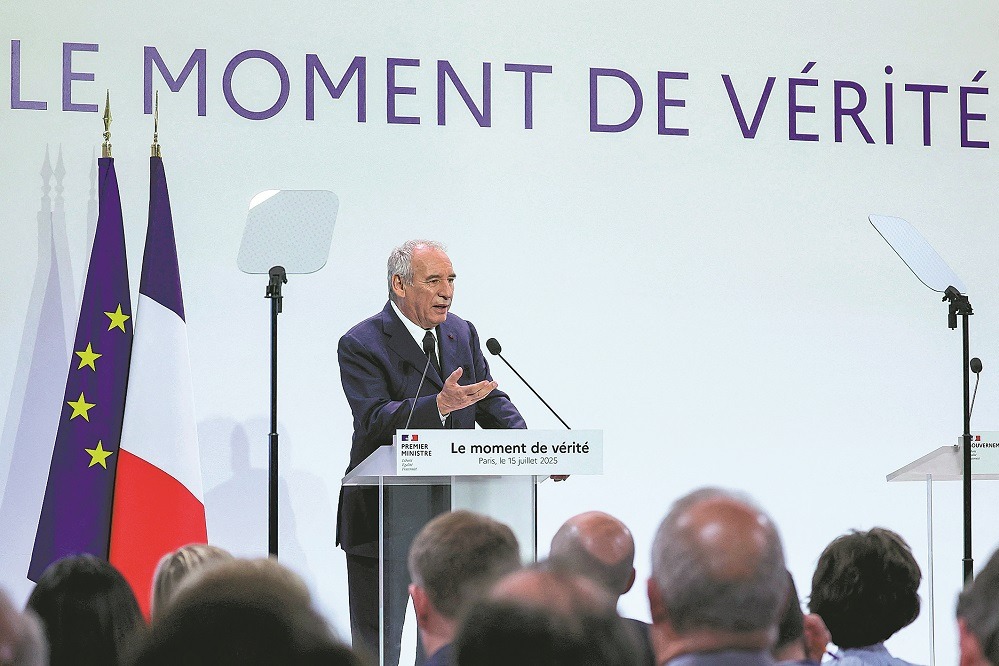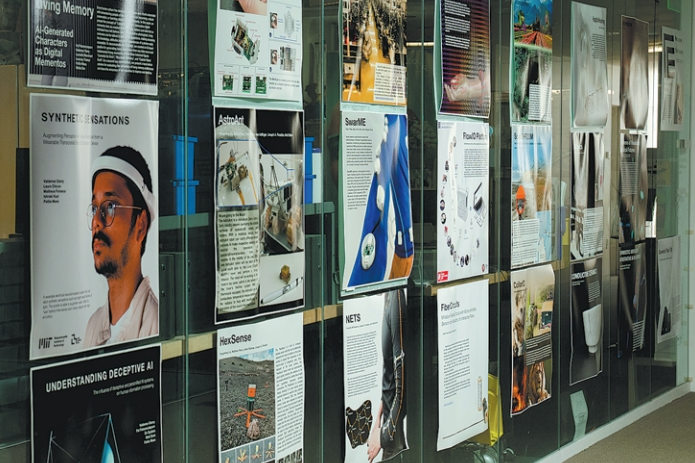Developing countries step up as global donors as landscape changes


As traditional donor countries pull back from global development cooperation, developing countries are stepping in with renewed commitment and alternative models aimed at strengthening global collaboration, reports Indonesian newspaper The Jakarta Post.
The global development landscape faces increasing uncertainty, particularly following the formal dismantling of the US Agency for International Development.
US Secretary of State Marco Rubio announced the closure of USAID on July 1, claiming its "charity-based model" was ineffective and failed to serve US geopolitical interests.
A study published in The Lancet estimates that over 14 million vulnerable people could die by 2030 due to the rollback of US foreign aid.
Meanwhile, the Organisation for Economic Co-operation and Development reported a 7.1 percent decline in development aid from its 33 Development Assistance Committee members in 2024, the first drop in six years.
Total aid stood at $212.1 billion, or just 0.33 percent of the group's combined gross national income.
Rina Setyawati, director for international development cooperation at the Indonesian Foreign Ministry, said despite the shrinking aid pool, several countries had approached Indonesia for cooperation.
"This is a new space for Indonesia to collaborate with other emerging donors," she said.
Shifting norms
Andy Sumner, a professor of international development at King's College London, said the reduction in aid from Western countries stemmed from rising nationalist politics and post-pandemic budget constraints.
He said this marks a shift away from earlier policy norms — such as commitments to climate action and gender equality.
He cited the US rejection of the UN Sustainable Development Goals under US President Donald Trump as emblematic of this trend.
Sumner argued that countries like Indonesia could assume a more central role in development cooperation as Western donors pull back.
"Indonesia is part of BRICS and an accession country to the OECD. It has a unique bridging role between different global perspectives," he said.
He also noted Indonesia's legacy, such as hosting the 1955 Bandung Conference, positions it to unite countries still committed to international development.
At the recent BRICS summit in Rio de Janeiro, Indonesian President Prabowo Subianto urged member states to revive the Bandung Spirit and strengthen multilateralism amid rising global tensions.
Indonesia's Coordinating Economic Minister Airlangga Hartarto, who accompanied Prabowo, said the president encouraged Global South countries to enhance cooperation through the BRICS' New Development Bank.
"Economic partnership among developing nations is very important," Airlangga said in a statement.
Established in 2015 by the original BRICS members, namely Brazil, Russia, India, China, and South Africa, the New Development Bank was created with an initial capital of $100 billion.
Indonesia formally joined the bank in March 2025, two months after acceding to BRICS.
Rina said that with collective responses to global development in decline, Indonesia could no longer remain a passive recipient.
"We have become a proactive player," she said, citing the country's growing role in offering development support.
She mentioned the establishment of the Indonesian Agency for International Development in 2019 in building a cooperation ecosystem.
"We offer more than grants, not only money. (We offer) partnership, empathy and grounded solutions," Rina said during a discussion last week.
She emphasized that Indonesia's development cooperation is shaped by both its national priorities and those of its partner countries.
Shared project ownership is essential to ensure alignment with partners' needs, Rina added. She also underscored Indonesia's solidarity with fellow Global South countries.
"We (Global South countries) speak the same language of struggle, resilience and aspirations.
"Mutual benefit is important as we ensure that we can grow together," she said.
The Jakarta Post, Indonesia































